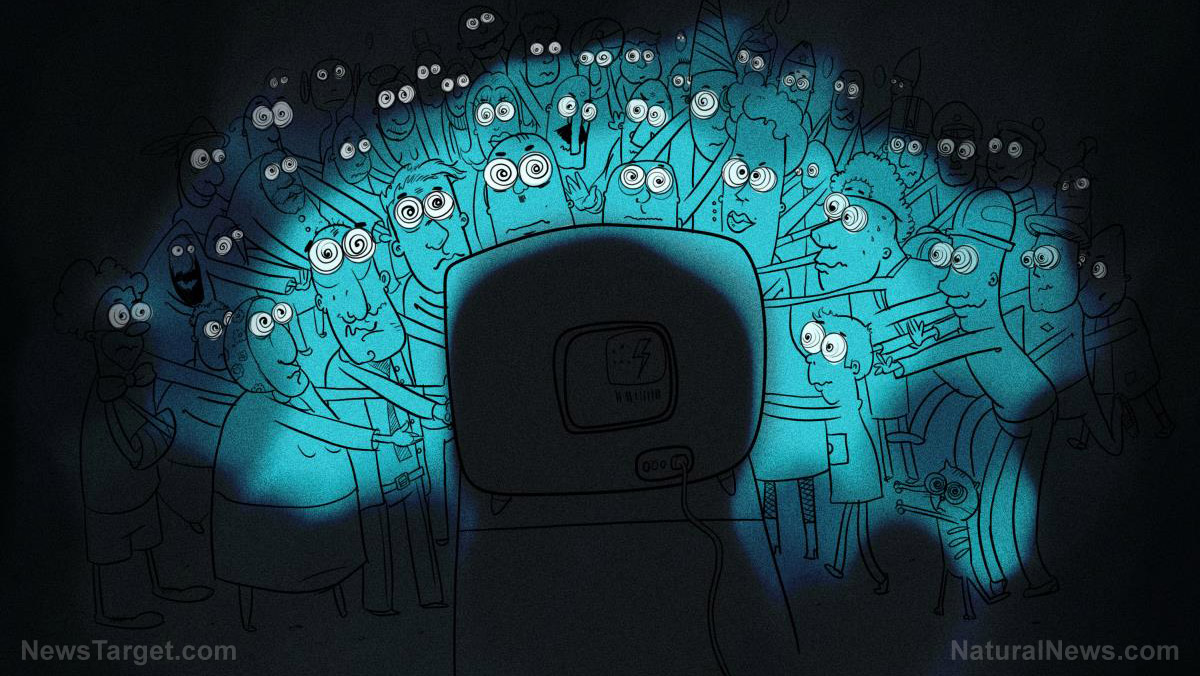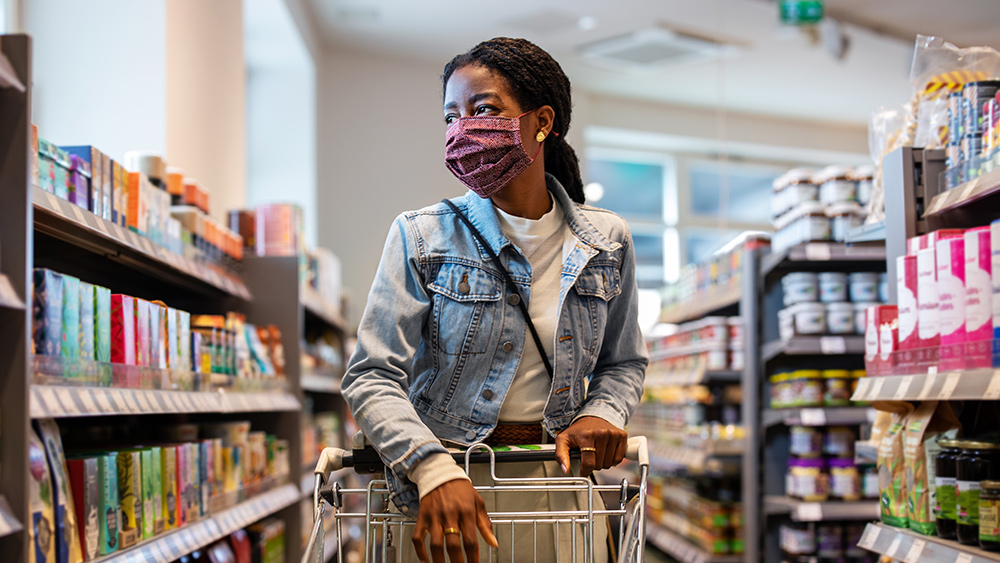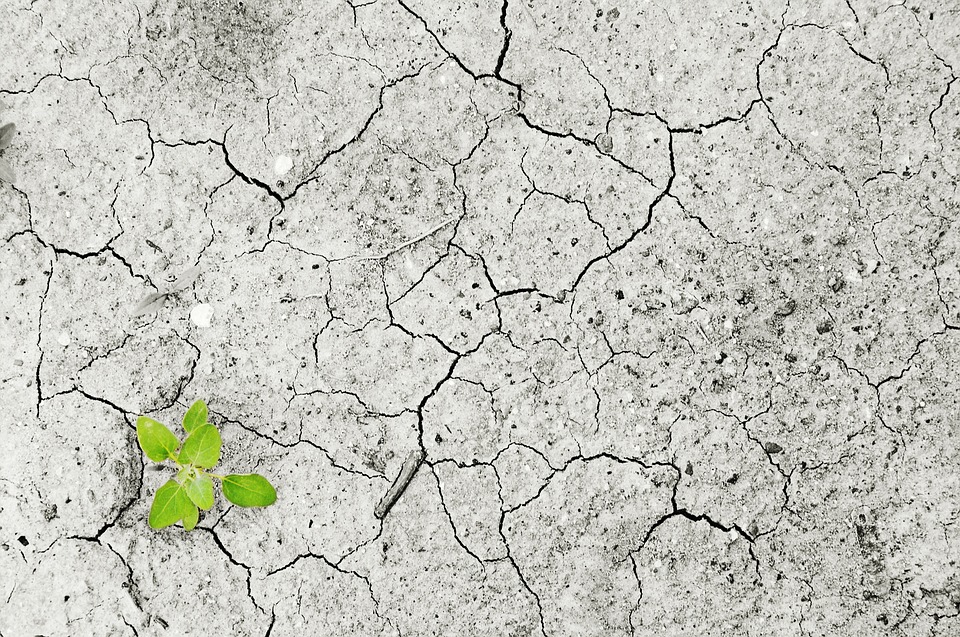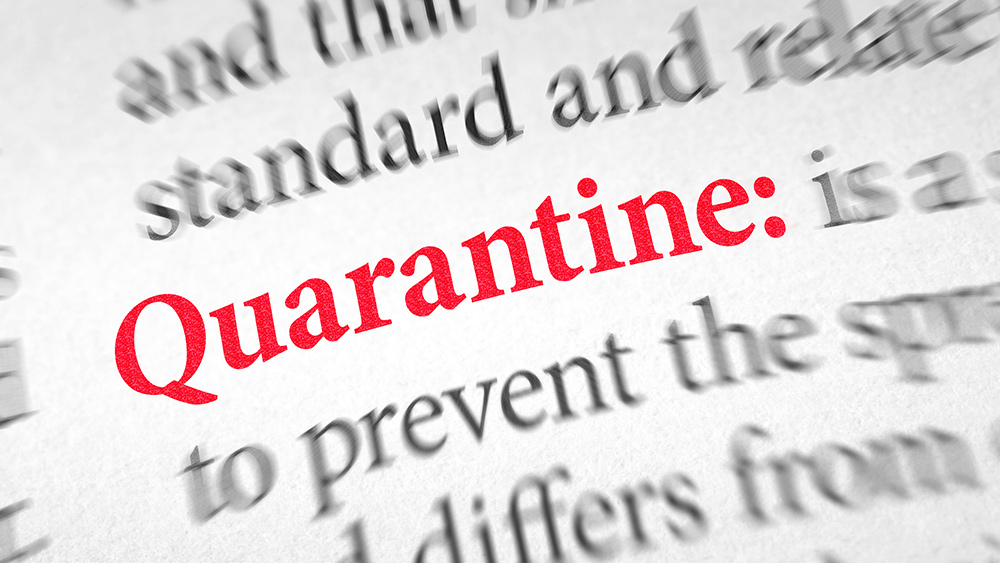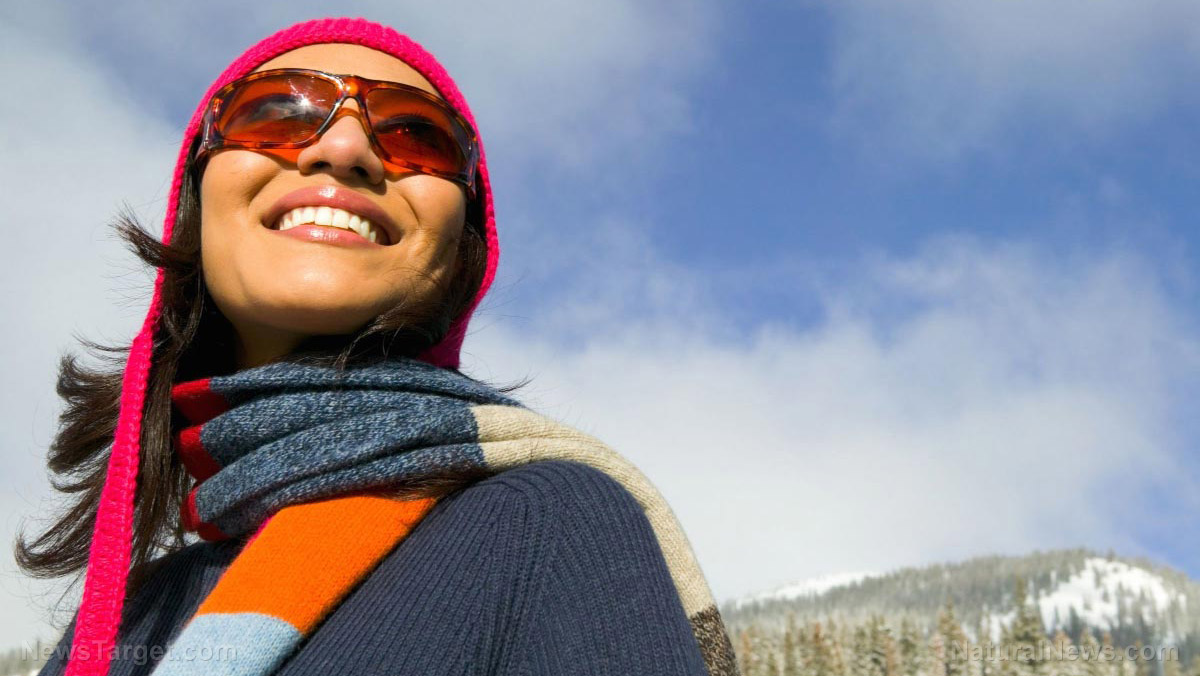Australian children use welfare checks to gamble amid coronavirus lockdowns
03/09/2021 / By Virgilio Marin
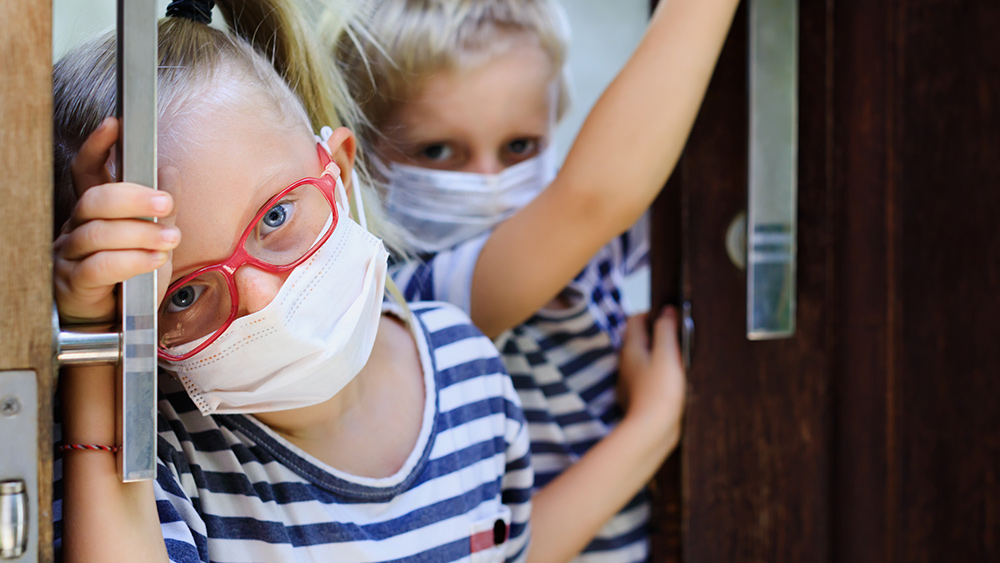
Australia’s Family Responsibilities Commission found that children in Queensland skipped school to gamble with money from welfare checks.
In its annual report for the year 2019 to 2020, which was tabled in Queensland’s parliament last month, the commission said that indigenous children in Aurukun in the state’s north engaged in gambling circles, sometimes with the encouragement of adults. Others also conducted their own gambling activities using large sums of money in the pot.
The commission attributed the rise in child gambling to restricted activity and movements due to the coronavirus pandemic, on top of an increase in welfare payments.
Lockdowns worsen child gambling
Family Responsibilities Commission (FRC) Commissioner Tammy Williams raised concerns about gambling to the commission’s board after hearing reports in June last year.
“Gambling was impacting school attendance and some children who did turn up to class were struggling with having had very little sleep,” Williams said.
She noted that since the pandemic began, the government increased the money it poured into communities on welfare, which ultimately led to an increased number of gambling activities as well as parties and drinking sprees.
“These issues have been exacerbated by the fact that the community has been locked down and isolated since March, leading to heightened tensions,” Williams added. (Related: LA health official slams youths for getting coronavirus tests as an excuse to socialize.)
A working group convened to address the issue but FRC had a limited ability to act due to a “disconnect between gambling and the agency notices received by the commission,” according to the report.
The Australian government typically resolves such issues through the program Conditional Income Management (CIM), which controls up to 90 percent of a person’s fortnightly welfare checks to prevent funds from being spent on alcohol and gambling.
“CIM remains a flexible tool used by commissioners to improve the welfare of children by encouraging families to ensure basic household needs are met and to encourage consistency in school attendance,” the report said.
Local commissioners issued 104 CIM orders in Aurukun from July 2019 to June 2020, while a total of 219 CIM orders were issued across the communities of Coen, Doomadgee, Hope Vale and Mossman Gorge on top of Aurukun during the same period.
Impact of pandemic restrictions on children
The pandemic has had a devastating impact on children’s well-being. In December last year, NBC News gathered data on a range of child welfare metrics to assess the pandemic’s effect since the government closed nearly every school in the United States.
The data showed that while drug and alcohol use, as well as juvenile arrests, went down, children had a difficult time acclimating to the pandemic in several other areas. Compared to last year, mental health-related emergency room visits rose by 31 percent among children aged 12 and above and 24 percent among children aged 5 to 11.
More children also starved as an estimated 17 million kids were in danger of not having enough to eat. That’s an increase of over six million hungry children compared to before the pandemic.
Reports also showed that children struggled to adjust to remote learning or classroom set-ups where they are required to wear a face mask and sit behind plastic shields. According to a report from the NWEA, a nonprofit group that focuses on education research, the average student in grades 3 to 8 who took a math assessment last fall scored five to 10 percentile points behind students who took the same test last year.
Meanwhile, classrooms were unusually empty as quarantines and infections affected attendance in face-to-face schools and online instruction. A handful of districts reported that the number of students who missed at least 10 percent of class more than doubled, while around three million students were not in school at all.
Learn more about the effects of the coronavirus restrictions on children at Pandemic.news.
Sources include:
Tagged Under: Australia, children's health, coronavirus, gambling, government, lockdowns, mental health, pandemic, quarantine, restrictions
RECENT NEWS & ARTICLES
Mental.News is a fact-based public education website published by Mental News Features, LLC.
All content copyright © 2018 by Mental News Features, LLC.
Contact Us with Tips or Corrections
All trademarks, registered trademarks and servicemarks mentioned on this site are the property of their respective owners.




